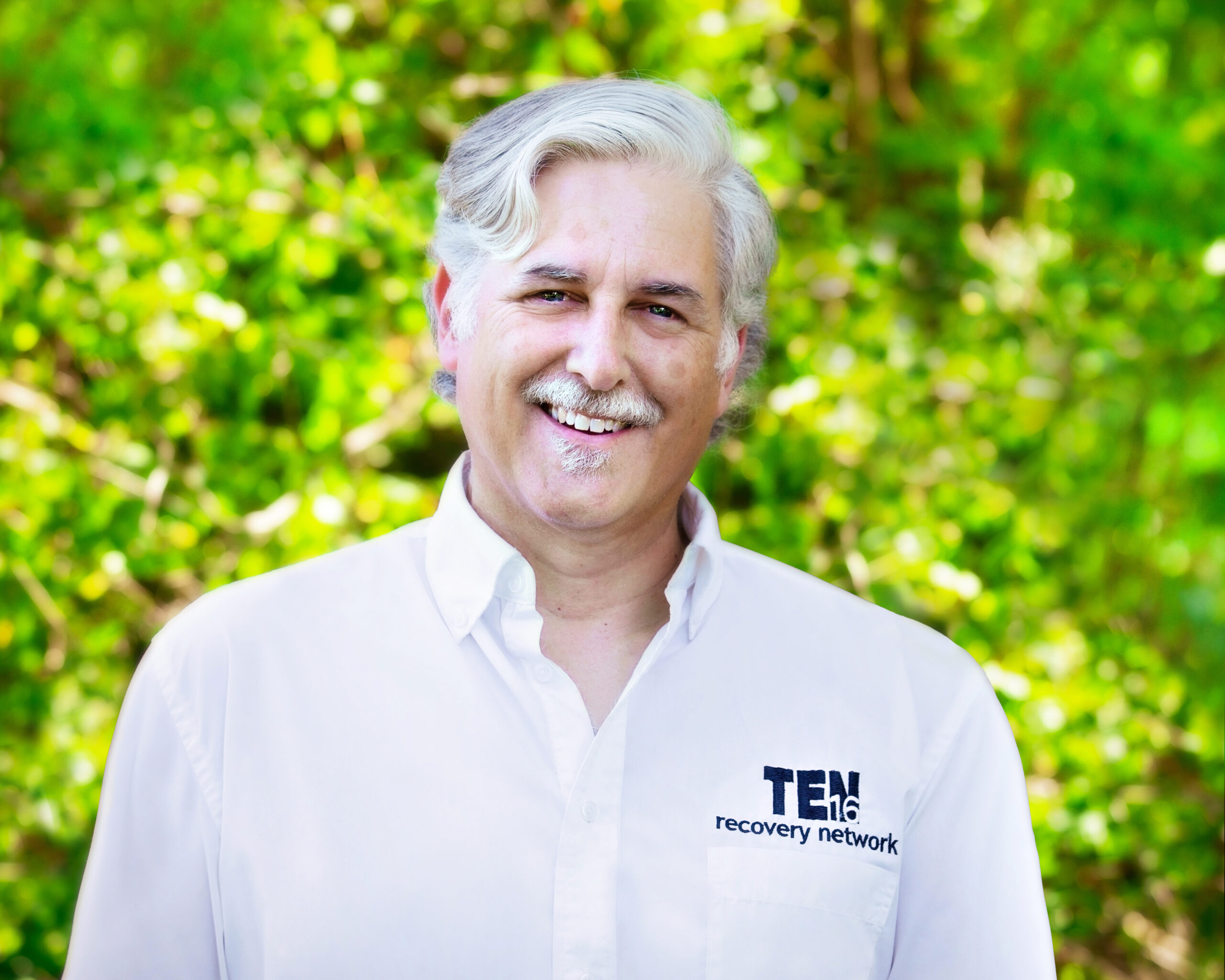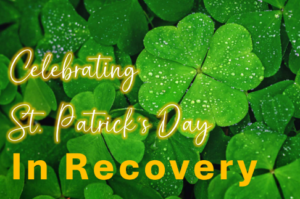Most of society’s arguments are kept alive by a failure to acknowledge nuance. We tend to generate false dichotomies, then try to argue one point using two entirely different sets of assumptions, like two tennis players trying to win a match by hitting beautifully executed shots from either end of separate tennis courts.
Timothy David Minchin, Australian comedian, actor, writer, musician, & songwriter.
It has become increasingly challenging to be an abstinence-oriented provider within the current “culture wars” among those working in the Substance Use Disorder arena. For the longest time, abstinence-based programming was perceived to be the predominant approach, and harm reduction – including medication-assisted treatment – was looked upon with bias and disdain.
The reality is that most pragmatic abstinence-oriented programs if they had clinical integrity girded to their dogma, had already understood the need for recovery-oriented harm reduction incorporated into their approach. The nuance lives within the severity of the disorder, the intensity of intervention needed, and how one applies the expectation of drug-free living. The vision, the desired goal, is always the same. The application of that vision differs in a residential program vs. an outpatient program vs. outreach in the streets or hospital Emergency Department.
I have been slower to see the acknowledgment from the “other side” if they have clinical integrity girded to their dogma, an appreciation for the need to believe that people can achieve sustained recovery and incorporate it into their approach accordingly. Research has shown that most of those in treatment seek abstinence for themselves, as opposed to reduced use, stabilization, or safe use (HERE). As all tides change and pendulums swing, perhaps it will come.
The need to meet people where they are has not been the issue – it is whether you will solely reduce harm without hope and belief that change is possible. Sit with them? Yes. Honor their pain? Yes. Provide opportunities to see, experience, and sustain a path toward a life of meaning and purpose, eventually free of mind/mood-altering substances, without shame or judgment on the chosen path? Essential. German philosopher and scientist Goethe wrote, ‘‘If I accept you as you are, I will make you worse; However, if I treat you as though you are what you are capable of becoming, I help you become that.’’
On the spectrum, some rigid abstinence-based providers have been guilty, dare I say abusive, on the delivery of shame of multiple pathways. In turn, they have used shame and judgment of the validity of someone’s recovery if they are abstinent of all substances except the appropriate use of their prescribed medication.
In like fashion, some hardcore harm reductionists have been guilty, dare I say abusive, on the absence of hope and belief that a chronic, relapsing disorder can be managed or overcome. In turn, they have used shame and judgment on those who would dare continue to use the “A word” for not following the science, being spiritual rather than clinically or medically based.
However, if we want to win this game, we need to start playing a game of mixed doubles rather than living in the fool’s game illustrated in Minchin’s quote. In the same way that we are all being challenged to embrace Diversity, Equity, and Inclusion as people and companies, so too we must learn to value the different strengths and minimize the various weaknesses of these perspectives, realizing that we are on the same court – and the same side. Harm Reduction plays by the net, has quick reflexes, and can respond early. Abstinence-Orientation plays the long game. In the extended volleys against the disease (yes, the condition, not the person with the disease), we can both be run ragged across every inch of the court. But when we treat our partner as our enemy, the disease wins. Every time.
Time is precious, resources are limited, and people are trapped and dying. We must end petty arguments and stop jockeying for power, control, dollars, and influence. In his excellent paper, On ‘‘Gradualism’’ and the building of the harm reduction-abstinence continuum (HERE), Scott Kellogg put it best: “We are currently living in a time of rich therapeutic possibilities for working with substance-using and substance-dependent patients. This creativity is taking place both within the harm-reduction and abstinence-oriented spheres. To optimize care for those who are addicted, it would be ideal to connect harm reduction and abstinence treatment into a continuum that has the cessation of drug and alcohol use and the healing of mind and body as the desired endpoint. Gradualism has been put forward as an organizing principle to facilitate this development.”
If we can achieve that as a healthy functioning Recovery Oriented System of Care, it would be Game. Set. Match.
 Contact
Contact FAQs
FAQs




